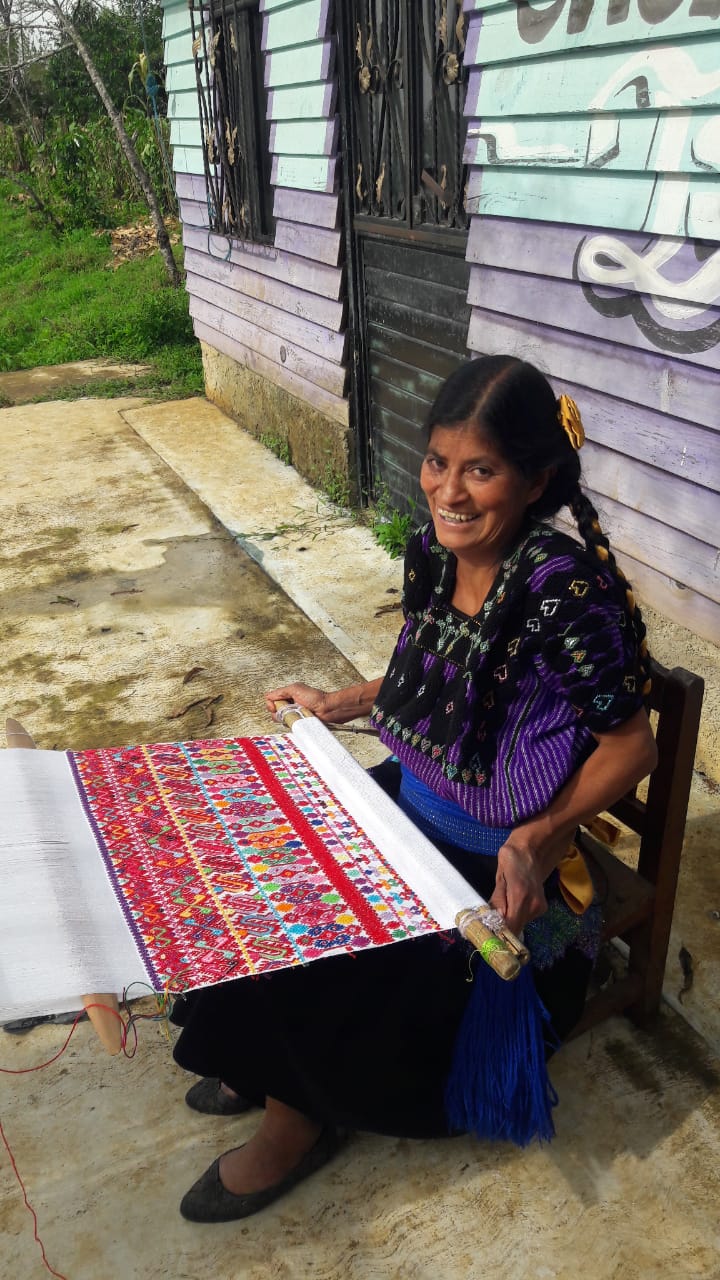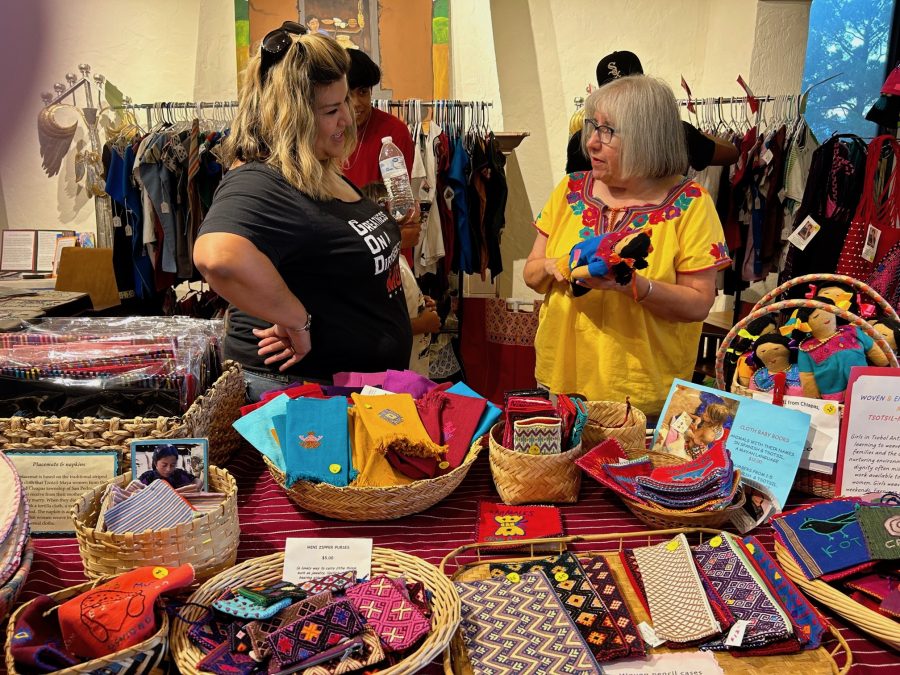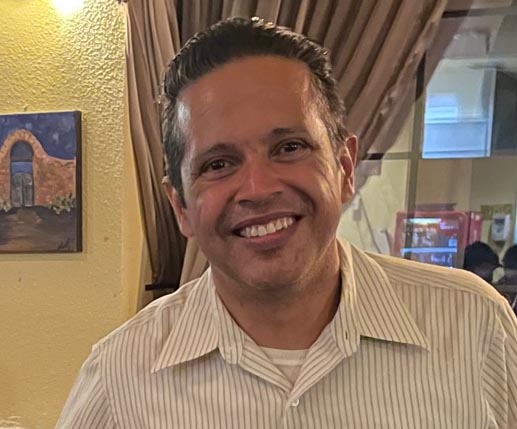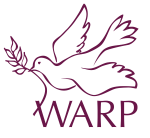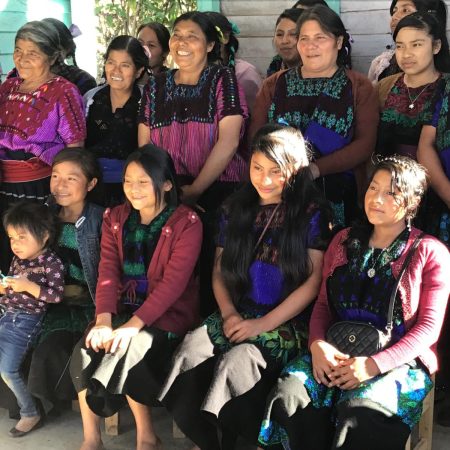April 20, 2024
Weaving for Justice is an all-volunteer organization with its roots in the anthropological fieldwork in the 1980s in Chiapas, Mexico of co-founder, Christine Eber. For this program, the presenters shared their perspectives on what it means to stand in solidarity with Maya students and weavers in defense of their right to live with dignity in their home communities and countries. They explained the evolution of Weaving for Justice as a volunteer organization, particularly how it organizes sales of the brocaded and embroidered textiles from eleven collectives in Chiapas. They introduced us to some of the weavers and students in San Pedro Chenalhó, Chiapas through a brief slide show of their photos and words, recorded in February 2024 when several Weaving for Justice members last visited Chiapas. The panel also discussed their collaboration with the Maya Educational Foundation to raise funds for scholarships for Maya youth to attend high school and university in Belize, Chiapas and Guatemala. Weaving for Justice raises these funds through selling textiles from Latin America that generous folks throughout the United States donate for this purpose. The panel took at the same time as the regular Weaving for Justice 3rd Saturday monthly sale in the Atrium of First Christian Church in Las Cruces, making possible a virtual tour of the sale, showing the products being sold and the educational materials that provide context for the public about the weavings, the weavers, and the scholarship students.
Panelists
Christine Eber is Professor Emerita of Anthropology at New Mexico State University. Since the 1980s she has been learning from and working with women and their families in Tsotsil-speaking Maya communities of Chiapas, Mexico. She is a founding member and coordinator of Weaving for Justice and also volunteers with refugees and asylum seekers in Las Cruces, New Mexico where she lives. Her publications include a novel, When a Woman Rises, about the friendship between two Tsotsil-Maya women in San Pedro Chenalhó, Chiapas, one of whom is a weaver. Generous donors helped her fund the translation of the novel into Spanish (Cuando una mujer se levanta) in order to give 2,000 copies away for free to the original peoples of Chiapas and those who work with them. The Spanish edition will soon be available in the U.S. through Lee and Low Books.
Guillermo Acosta – I am a third generation Chicano from southern New Mexico. I grew up in and around El Paso, and feel very fortunate to have settled in Mesilla, New Mexico following my academic endeavors. Being deeply rooted and personally connected to the desert southwest, I identify with the struggle native weavers and their families face as they search for a way to remain on their ancestral lands. For me, it is difficult to name a more worthwhile cause than empowering communities that want simply to live with dignity where their forebears lived, in a similar fashion as they had for centuries. While the efforts of Weaving for Justice are outside my area of expertise (I am a physicist/engineer), I am pledged to do my best to contribute and continue to support our Maya friends.
Recording Coming Soon
